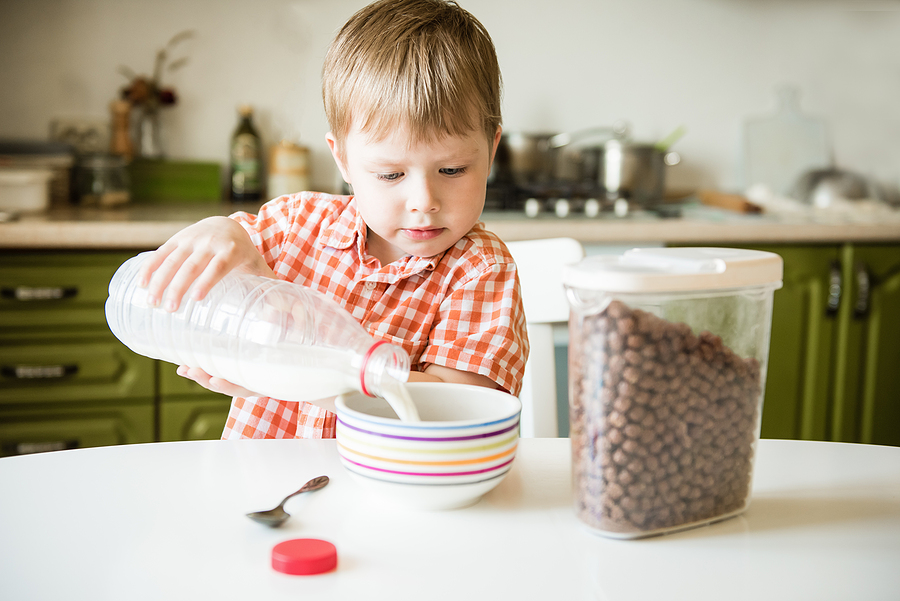Self-help skills are very important for kids and adults. In this article, we will give you guidance about When Should We Teach Self-Help Skills? They allow us to be concerned about ourselves and live freely not dependently. There is no size-to-fit answer to the quotes of when to teach help skills, as well it depends on how individual persons develop their skills and abilities. They should need to practice their small and large skills. In learner, one thing is more important which is gaining confidence to try new things and make their self-regard and pride in their independence. Teaching them simple self-skills that encourage them to be more independent and hopefully motivate them to try new things and give them rewards because they stay active and self-activities for children improve them to move and play every day.
When Should We Teach Self-Help Skills?
Self-helpful skills are necessary for everyone for growth and development and skills promote independence but also an advantage for a person’s self-regard and confidence. As learners master skills of self-help, they improve their sense of ability and pride which develops their self-confidence. self-help skills are significant with time in a personal care program.
| Stage of Life | Self-Help Skills to Teach |
| Early Childhood | Basic hygiene (e.g., handwashing, teeth brushing) |
| (Ages 0-5) | Self-dressing (putting on/taking off simple clothing) |
|
Basic feeding and self-feeding |
|
| Elementary School | Time management (e.g., setting schedules) |
| (Ages 6-11) | Organization (e.g., keeping things tidy, using folders) |
|
Responsibility (age-appropriate chores) |
|
| Adolescence | Decision-making and weighing consequences |
| (Ages 12-18) | · Problem-solving skills
· Goal setting and planning |
An important secret for success is to give people appropriate experiences and provide them with crucial support to help kids or adults be successful. Remember that adults are role models for kids because of self-help skills; children learn from us a great deal from watching and inspiring us.

Self-Help Skills in The Classroom
Some points of self-help skills are mentioned below
- Self-sufficient; a very good way to build in-depend skills is to learn from the normal developmental stages of self-sufficiency.
- Environmental health and lavatory
- Helping with daily domestic work like setting the table and picking up toys
- Self-sustaining dressing and grooming
- Cleaning up their dishes
- Problem-solving independently
- Self-help skills are helping educators
- self skills make a person mindfully active
- Help skills boost a person’s self-esteem and love of learning
- Self-skills are promoted by carrying their own things
- Look at Classroom Management Plan.
Self-Help Skills Preschool Students
Self-help skills provide preschoolers so many advantages and they also help them in their studies and their social life with friends. The development of self-care skills is a crucial part of growing up, in these instances, patience is key and steps may need to be adjusted. As well as we know some kids naturally want to be independent, or some do not and some kids may a delayed or unable to make the development of mastering these types of skills a little bit challenging for preschoolers but guides them through visual skills helping them with all steps by steps and get them to perform the final step keeping guiding. Look at thought of the day for school assembly with meaning.
In the end, self help skills preschool? I want to say They need to practice the small and large skills children learn from us to a great deal from watching and inspiring us. Self-helpful skills are necessary for everyone for growth and development and skills promote independence but also an advantage for people’s self-regard and confidence a very good way to build independent skills is to learn from the normal developmental stages of self-sufficiency. they need help with daily domestic work like setting tables and picking up toys.